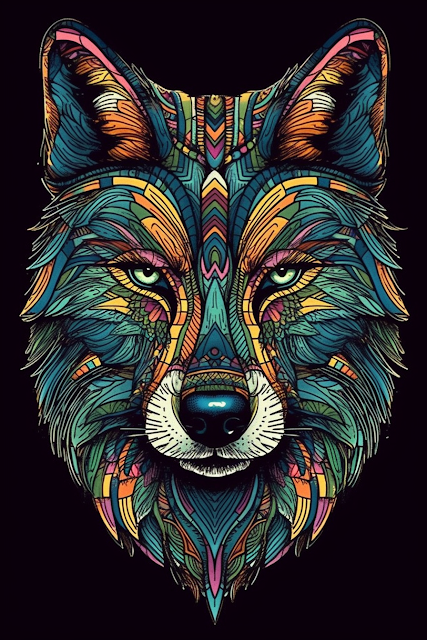Confronting Colorism In India: Unraveling Its Social And Economic Consequences
Colorism, deeply ingrained in India’s social fabric, continues to cast a shadow over millions of lives, perpetuating discrimination and inequality based on skin tone. Defined as the preference for lighter skin tones over darker ones, colorism not only reflects historical biases but also exerts profound economic and social repercussions.
Historically, colorism finds its roots in India’s colonial past, where British colonial rulers propagated notions of superiority associated with fair skin. This ideology permeated society, influencing perceptions of beauty, intellect, and social status. Today, this bias persists, perpetuated not only by cultural norms but also by commercial interests keen to profit from insecurities tied to skin color.
The beauty industry, particularly through products marketed to lighten skin tones, plays a significant role in perpetuating colorist ideals. Hindustan Unilever’s transformation of "Fair and Lovely" to "Glow and Lovely" exemplifies this, rebranding to adapt to evolving sensitivities while capitalizing on deeply ingrained prejudices. The message remains clear: lighter skin is equated with success, beauty, and societal acceptance.
The consequences of such entrenched biases extend beyond personal self-esteem to tangible disparities in opportunities. Studies exploring hiring practices reveal mixed findings, yet the pervasive belief in lighter skin’s advantages persists, influencing decisions in marriage, social interactions, and even health outcomes. This systemic discrimination based on skin tone exacerbates existing inequalities rooted in caste and class dynamics, reinforcing hierarchies that marginalize darker-skinned individuals.
Moreover, the psychological toll of colorism cannot be overstated. Individuals, from childhood through adulthood, internalize societal preferences, leading to diminished self-worth and psychological distress. Stories abound of individuals ridiculed or denied opportunities because of their darker complexion, perpetuating cycles of self-doubt and discrimination.
As we confront the realities of colorism in India, it becomes imperative to challenge these prejudices at every level of society. Legislative measures alone are insufficient; societal attitudes must evolve to embrace diversity and inclusivity in all its forms. Initiatives promoting representation in media, education on inherent biases, and policies protecting against discriminatory practices are crucial steps toward dismantling these entrenched norms.
Education, too, plays a pivotal role. By teaching future generations about the historical roots and damaging effects of colorism, we empower them to reject discriminatory practices and embrace a more inclusive society. Initiatives like Tiktoker Monica Ravichandran’s use of color theory to celebrate and enhance darker skin tones exemplify how education and empowerment can reshape cultural narratives.
In conclusion, the fight against colorism demands collective action—from policymakers and businesses to educators and individuals—to dismantle entrenched prejudices and foster a society where one’s worth is not determined by the shade of their skin. It is only through such concerted efforts that we can create a future where every individual, regardless of skin tone, can thrive and contribute to a truly equitable society.
Sources
Ramya M. Vijaya, Naureen Bhullar. Colorism and employment bias in india: an experimental study in stratification economics. 2022 Mar 18.
073-8. retrieved from: https://www.ncbi.nlm.nih.gov/pmc/articles/PMC8932098/#
Shahamat Uddin. Colourism: a new age of desi beauty is fighting the ‘fair and lovely’ bias
not fair, but still lovely. 2022 Sept. Retrieved from: https://www.vogue.in/beauty/content/colourism-a-new-age-of-desi-beauty-is-fighting-the-fair-and-lovely-bias




Comments
Post a Comment